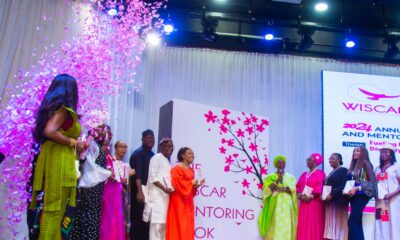Events
African Philanthropy Forum Discusses Solutions to Humanitarian Crisis in Nigeria with Change Makers
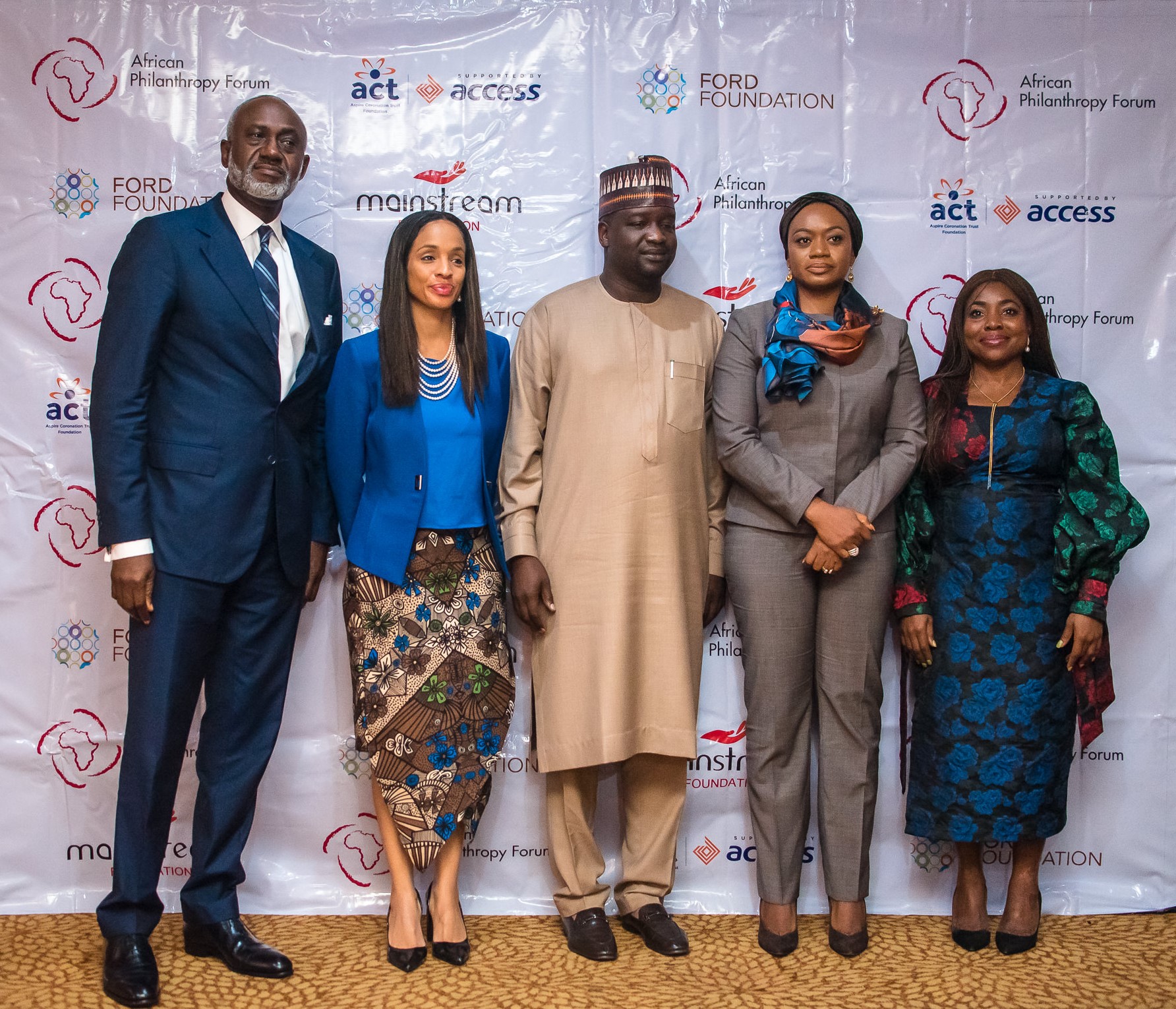
The African Philanthropy Forum’s Regional Meeting on amplifying humanitarian aid in Nigeria, convened over 150 philanthropists and change makers in Abuja, Nigeria, to discuss the decade long humanitarian crisis currently affecting 7.1 million Nigerians. The meeting highlighted the most vulnerable, how participants can tackle the root causes of the crisis, alleviate human suffering and spur economic development.
The Meeting titled ‘Amplifying Humanitarian Aid in Nigeria’ was an insightful and thought-provoking event, which brought together influencers from the private, public and development sectors with the aim of facilitating and amplifying partnerships for greater impact.
The event opened with welcoming remarks by Ndidi Okonkwo-Nwuneli, Board Member, APF, who mentioned the complementing role of key stakeholders in tackling the crisis and the ability of Nigerians to change the narrative. She went on to challenge Nigerians to harness their strengths and abilities to make a difference. According to her, “Nigeria is a powerhouse, we consider ourselves the biggest economy in Africa, we pride ourselves in having amazing brains and minds and yet we made the list of highest starving and malnourished people globally.”
Following the welcome remarks, Mosun Layode, Executive Director, APF spoke about the important role of philanthropists as catalysts for positive change and the APF platform which facilitates knowledge sharing and strategic collaboration across Africa.
The keynote address delivered by Edem Wosornu, Head, UN OCHA was informative, yet sobering; giving the devastating statistics, she provided on the humanitarian crisis in North-East Nigeria as well as a clear depiction of life in IDP camps. According to her, 27,000 people have been killed in the BAY (Borno, Adamawa, and Yobe) States and at least 8,000 boys and girls have been recruited and abducted by non-states armed groups since the crisis started in 2009. The ordeals faced by the affected Nigerians range from malnutrition – with over 1 million children aged 6 to 59 months acutely malnourished to disease outbreak, sexual violence, and maternal mortality. Her presentation, as well as the ensuing panel discussions, reverberated the need for Nigerians to step up and take the lead in ending the crisis plaguing the nation.
The first session, which discussed ‘Taking Charge: Nigerians at the Forefront of Humanitarian Aid in Nigeria,’ included Emmanuel Bosah, Programme Manager, Neem Foundation; Gima Forje, Acting CEO, TY Danjuma Foundation and Zouera Youssoufou, CEO, Aliko Dangote Foundation. The focal message of the session was the need for Nigerians to take ownership of the crisis, partner with key stakeholders and tackle the root cause.
Dr. Ayoade Alakija, Chief Humanitarian Coordinator, Nigeria moderated the second session on ‘Safeguarding Our Citizens: The Need for First Responders and Subsequent Care in Nigeria. The diverse panel consisted of Stephen M. Haykin, Mission Director, USAID; Dr. John Oladejo, Director for Health Emergency Response, CDC Nigeria, Amy Oyekunle, CEO, Wellbeing Foundation and Lansana Wonneh, Deputy Country Representative – Nigeria, UN Women who shared best practices on how to cater to the needs of the affected. Following the discussion, Dr. Alakija added that if we do not value our people in north-east Nigeria that the world will not value us.
The final session facilitated by Nonny Ugboma, Executive Secretary/CEO of MTN Foundation titled ‘Strategic Alliances: A Homegrown Approach to Building Ecosystems of Humanitarian Aid in Nigeria’ discussed how best to convene those working on the ground to ensure that best practices are shared and groups cease to work in silos. Speakers on the panel included Alta Anne Bell, Humanitarian Financing Advisor, OCHA; Ghada Hatim, Acting Director, Nigeria INGO Forum and Ndifreke Okwuegbunam, Head of Programmes, ACT Foundation.
The event was attended by H.E. Umar Kadafur Usman, Deputy Governor, Borno State, whose commitment to a better life for those affected by the crisis was made evident. Other special guests at the event including Aishah Ahmad, Deputy Governor, CBN, Mr. A.B Mahmood, President, Nigerian Bar Association and Pascal Grangereau, Country Director, French Development Agency also participated in the deliberations.
International and local organizations including Cuso International, I.C.R.C, IOM, Mainstream Foundation, USADF, W.H.O and other agencies of the UN were also represented at the event to learn and share best practices on building alliances across sectors towards tackling the crisis.
In closing, Gbenga Oyebode, Board Member, APF said that the humanitarian crisis in the Northeast is not a Northeast problem but a Nigerian problem. He highlighted the adverse effects of the crisis on the development of Nigeria as well as its ability to deter investment in the country. He called on participants to focus on finding and implementing lasting solutions to the crisis and giving more strategically toward the inclusive and sustainable development of Nigeria.
The event was made possible with the generous contributions of ACT Foundation, Ford Foundation, and Mainstream Foundation and supported by UN OCHA Nigeria.
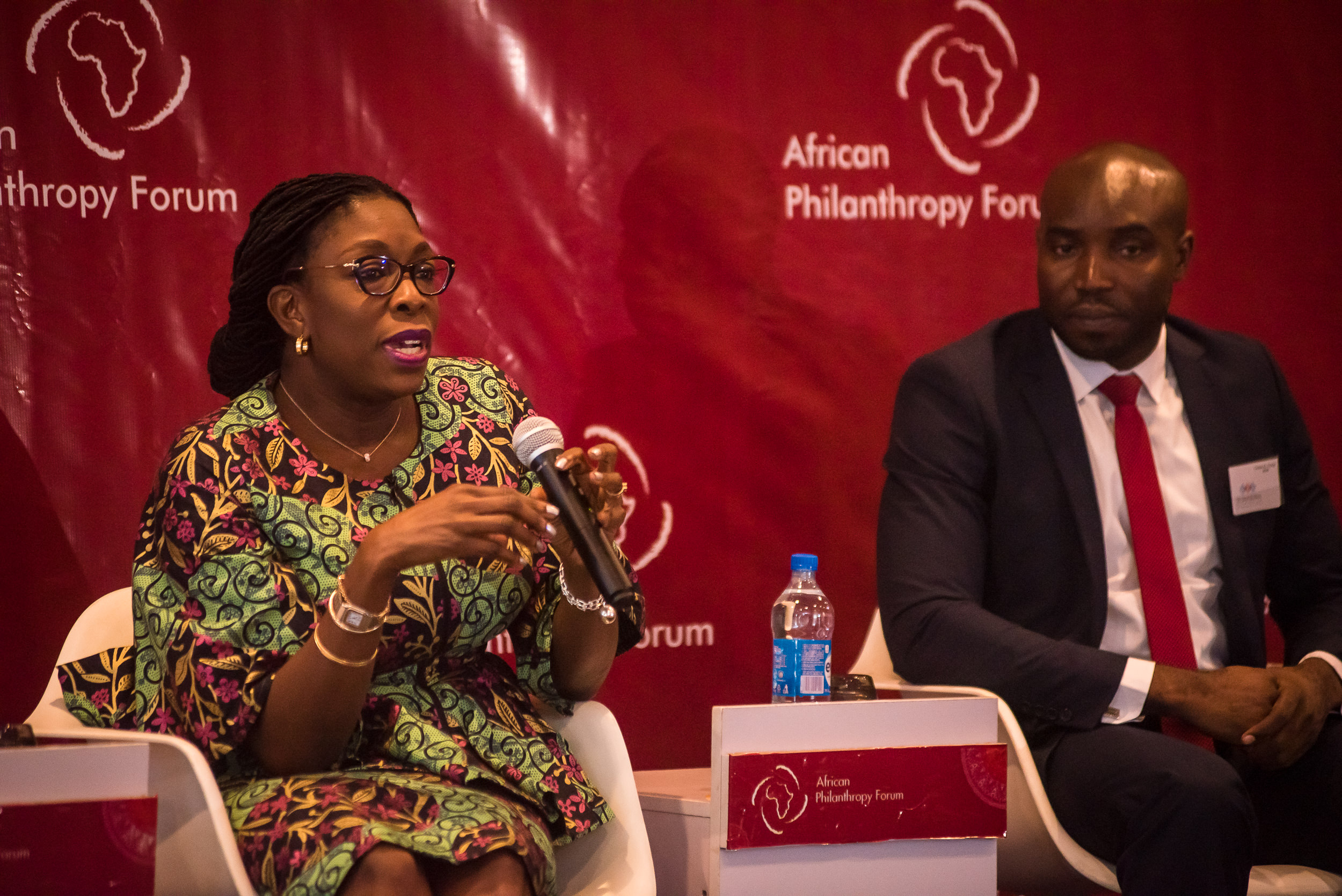
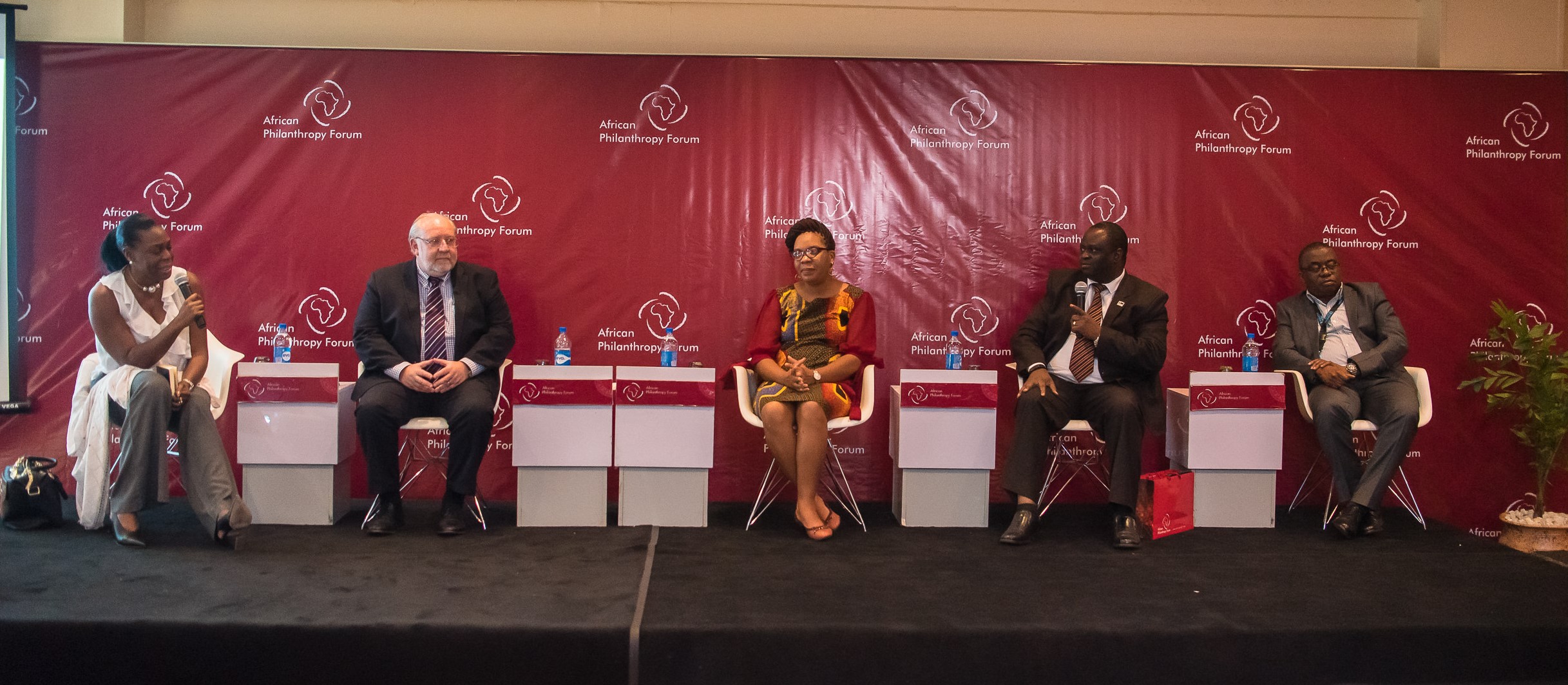
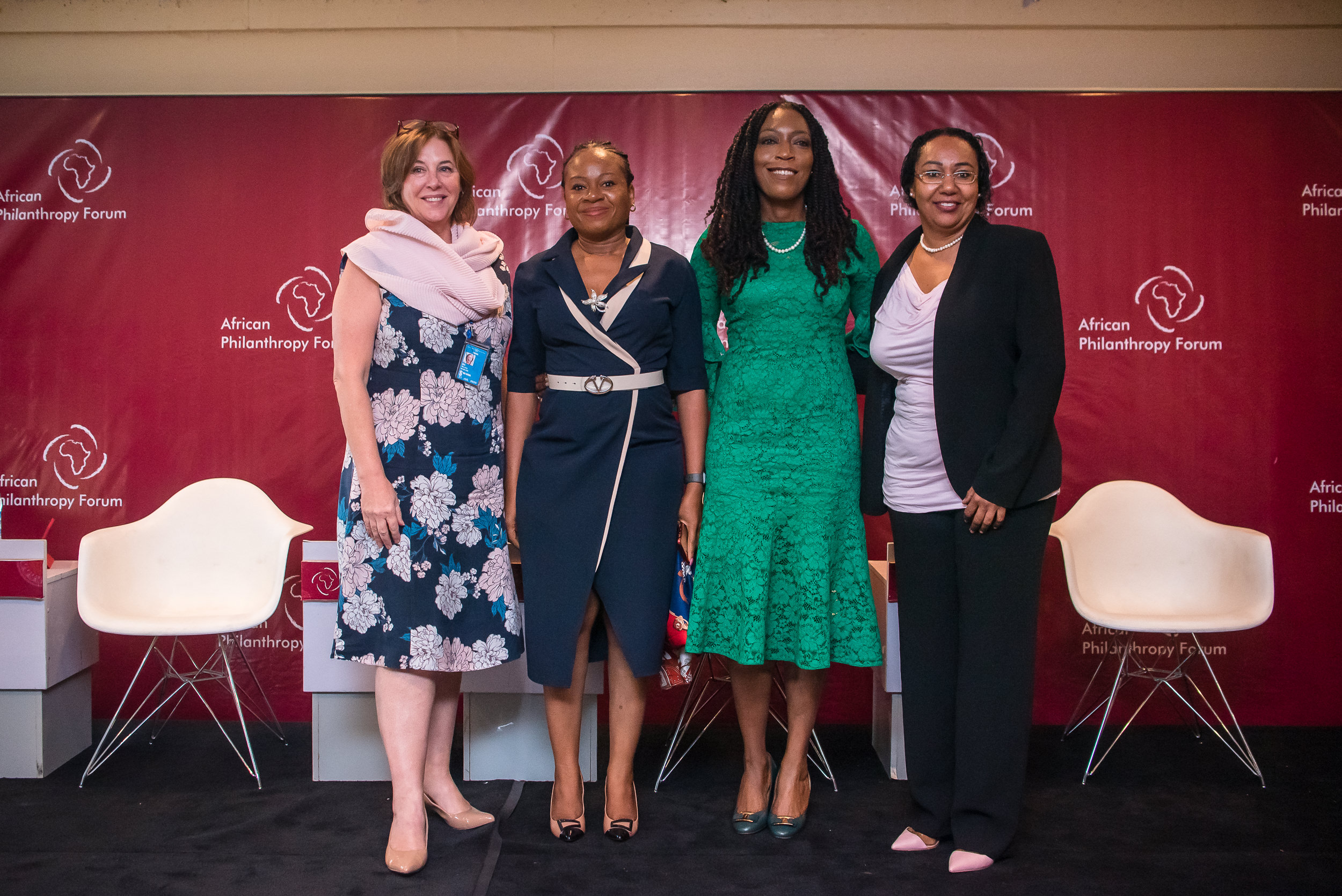
This content has been published for free as part of BellaNaija.com‘s commitment to youth, education, healthcare and community development as part of our corporate social responsibility programme




